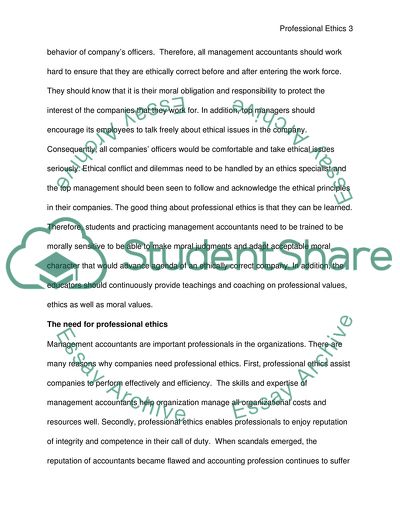Cite this document
(Professional Ethics and Management Accountants Coursework, n.d.)
Professional Ethics and Management Accountants Coursework. https://studentshare.org/professional/1738382-ethical-management-accountancy
Professional Ethics and Management Accountants Coursework. https://studentshare.org/professional/1738382-ethical-management-accountancy
(Professional Ethics and Management Accountants Coursework)
Professional Ethics and Management Accountants Coursework. https://studentshare.org/professional/1738382-ethical-management-accountancy.
Professional Ethics and Management Accountants Coursework. https://studentshare.org/professional/1738382-ethical-management-accountancy.
“Professional Ethics and Management Accountants Coursework”. https://studentshare.org/professional/1738382-ethical-management-accountancy.


